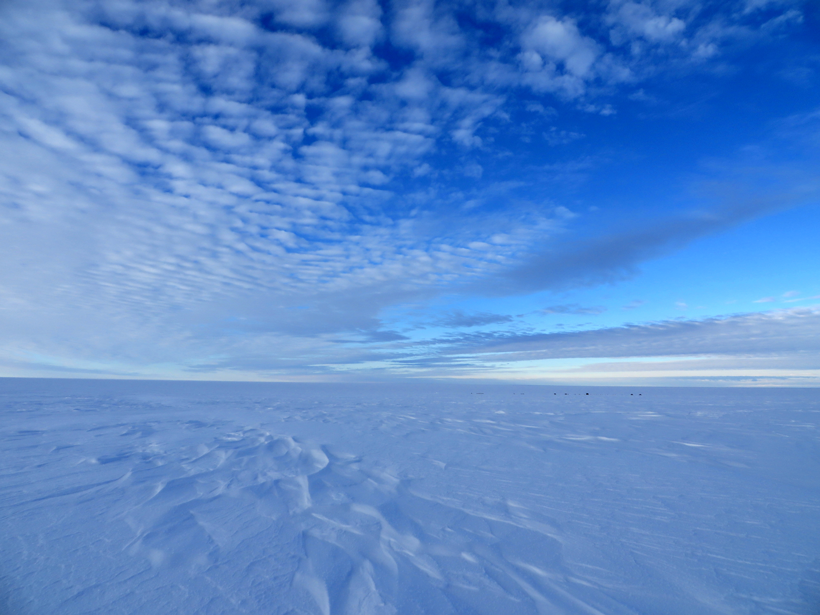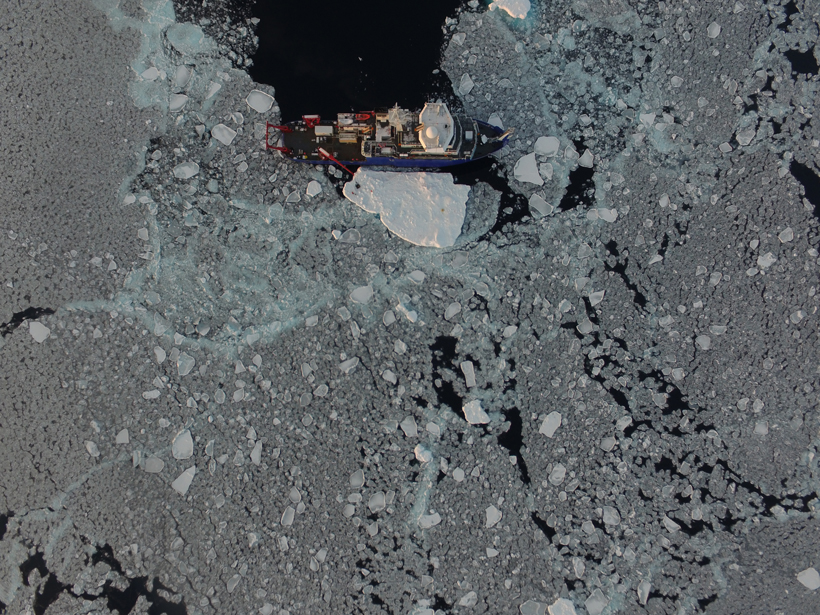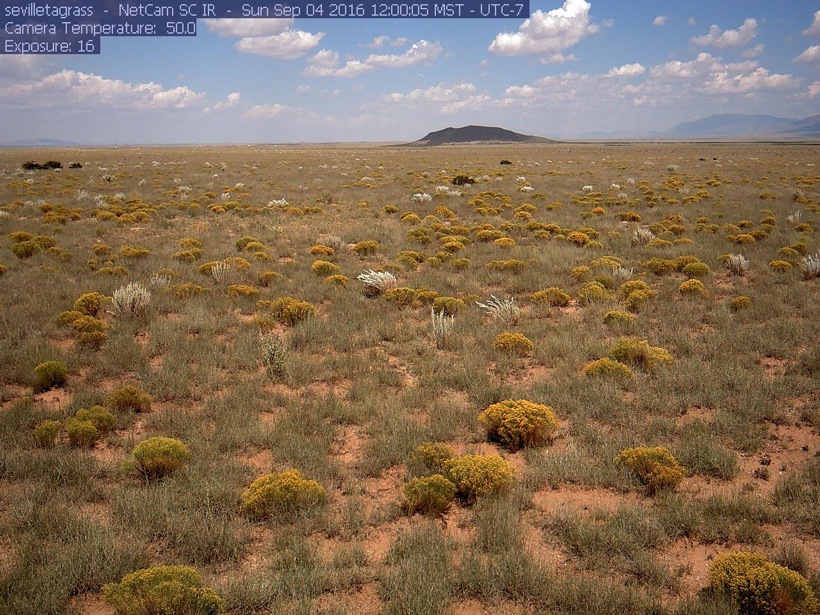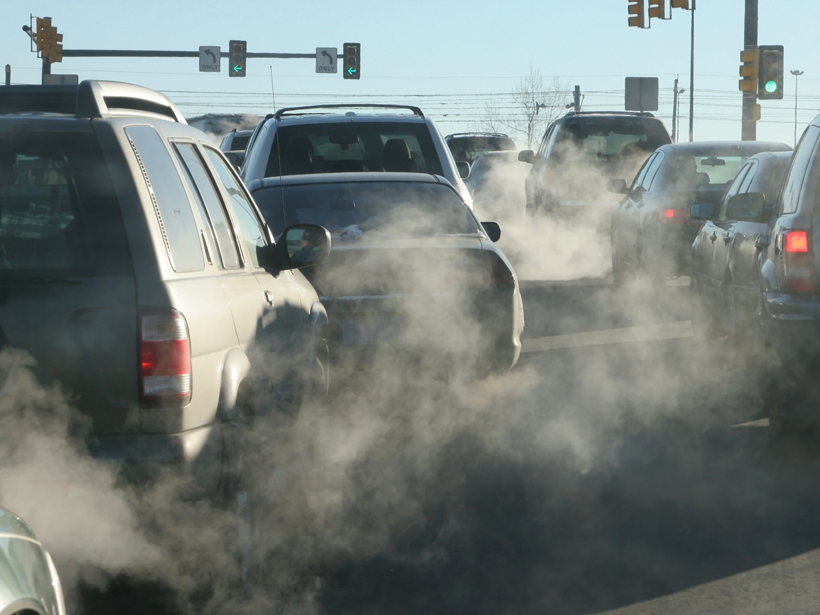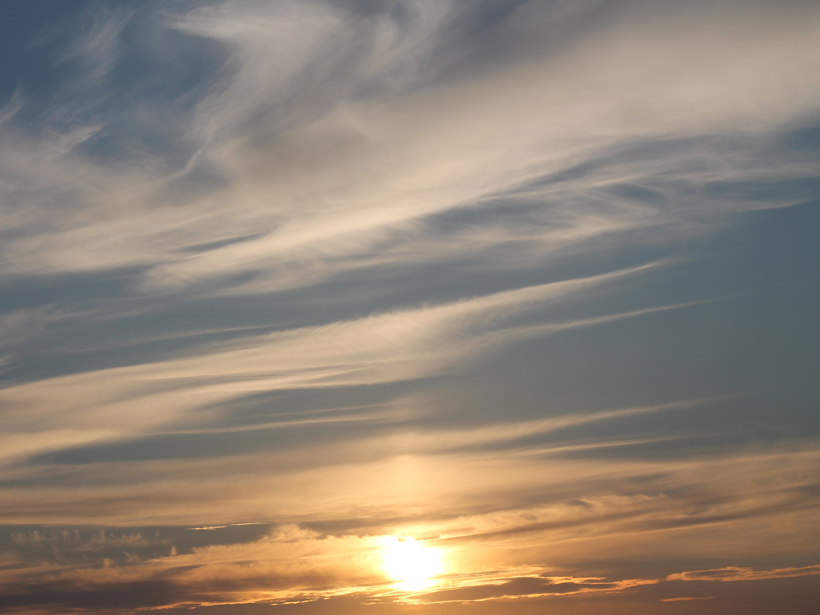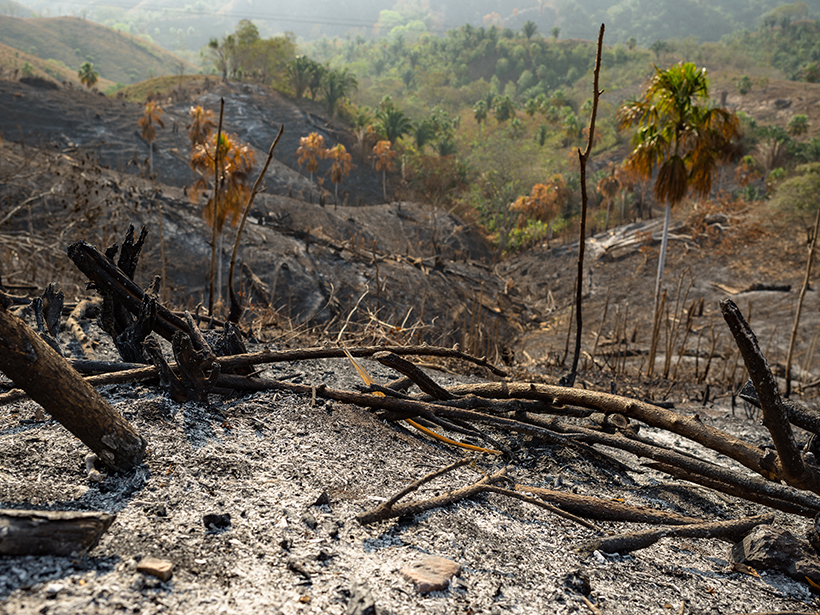The company has been criticized for its stance on climate change and initially opposed a shareholder proposal to include a climate expert on its board of directors.
Climate Change
A Comparison of Surface Thinning in West Antarctic Glaciers
An uninterrupted 24-year altimetry record of Amundsen Sea Embayment glaciers indicates the initiation and pace of thinning have been inconsistent across the region.
The Balance of Ice, Waves, and Winds in the Arctic Autumn
Although summer sea ice loss in the Arctic is well studied, less is known about how ice comes back in autumn. A new program is changing that.
Integrating Multiscale Seasonal Data for Resource Management
Workshop on Phenology at Scales from Individual Plants to Satellite Pixels; Cambridge, Massachusetts, 21–23 June 2016
House Science Committee's Climate Tweets Rile Scientists
Twice in just over a month, a government body tweeted material that claims to refute the human causes of climate change.
Report Calls for Revised Method to Chart Cost of Climate Change
Proposed changes could improve the calculation's scientific basis and transparency, according to the report.
Understanding Causes and Effects of Rapid Warming in the Arctic
A new German research consortium is investigating why near-surface air temperatures in the Arctic are rising more quickly than in the rest of the world.
Understanding How Climate Engineering Can Offset Climate Change
Sixth Meeting of the Geoengineering Model Intercomparison Project; Oslo, Norway, 21–22 June 2016
President Obama Publishes in Science on Renewable Energy Future
In the journal's Policy Forum, the president lays out why renewable energy investments will surge in the future regardless of political headwinds.
Identifying a Fire Ecology Research Agenda for Colombia
Fire Ecology Colloquium; Bogotá, Colombia, 23–24 June 2016


